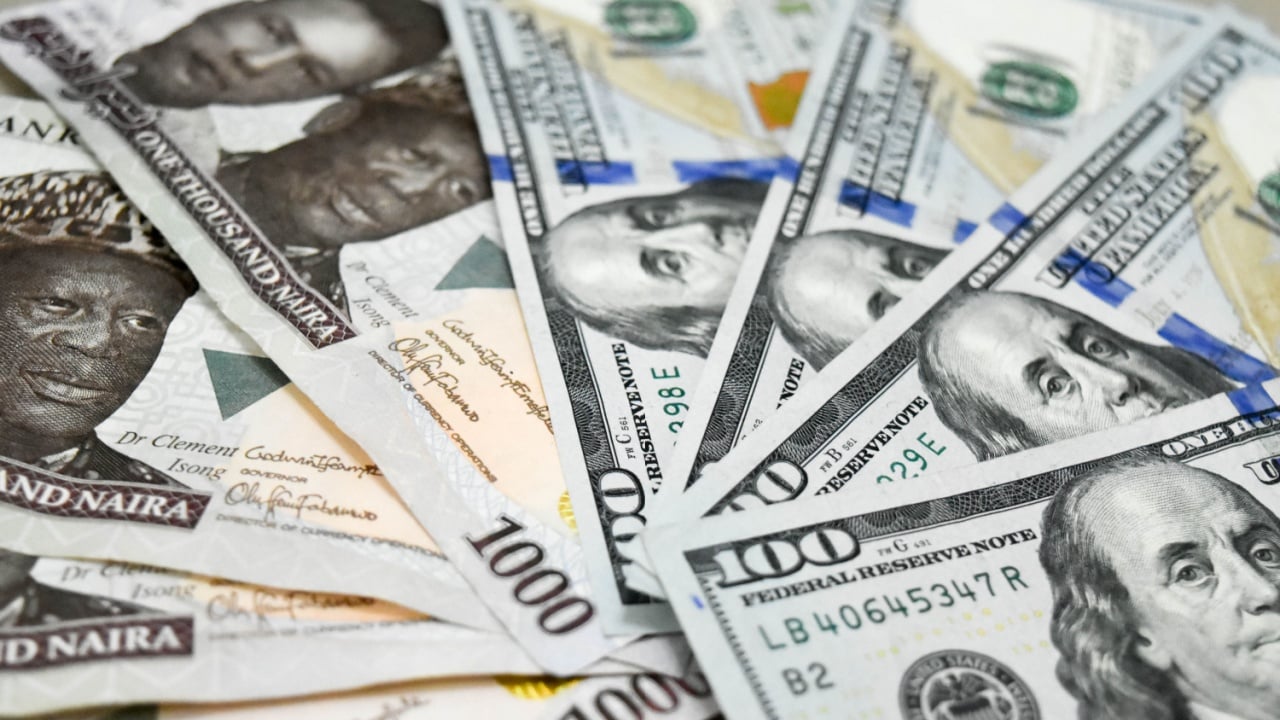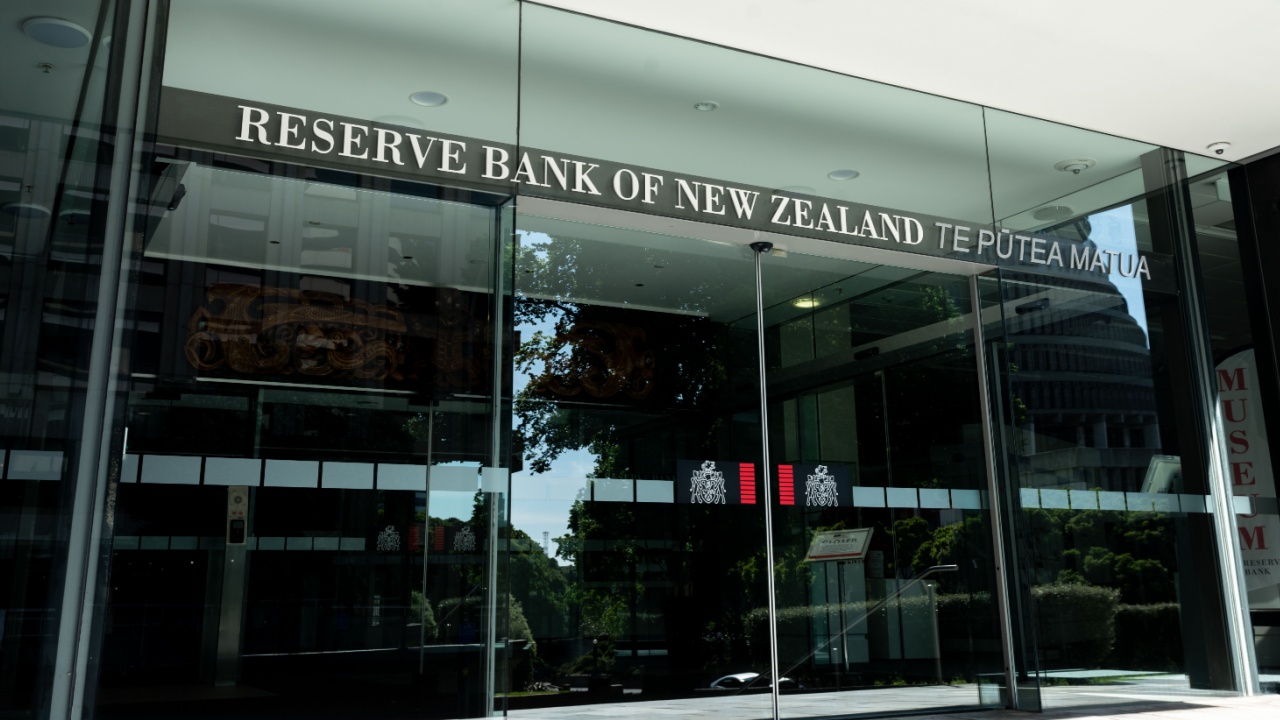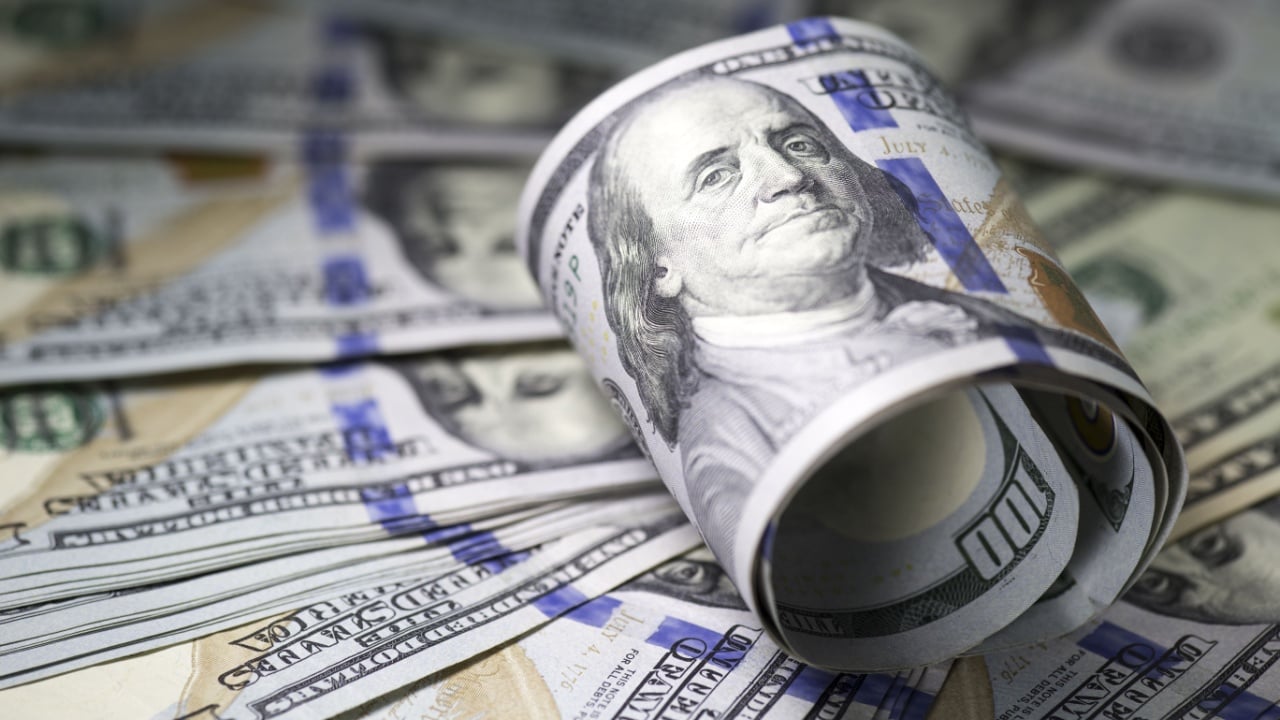The Fight To Control The $2 Trillion Crypto Market Is Heating Up

It’s not that governments like China are banning cryptocurrencies because they inevitably expect the technology to fail. It’s that they want to run an experiment with potentially trillions of dollars in the game. With its latest move, China joins a small list of nations that are crypto-prohibitionists. And it’s a shift in the opposite direction to El Salvador, which this year introduced Bitcoin as legal tender and has been praised by both libertarians and Bitcoin believers.
In the US, where cryptocurrency trading is allowed but regulators are paying close attention, some see an opportunity in China’s growing crackdown.
Understanding the many dimensions of this multifaceted battle for market control will be vital for the millions of investors hoping to capitalize on the cryptocurrency craze. The battle will impact the global financial system, where news is pouring in every day about products such as funds traded on the Bitcoin exchange, strangely named digital tokens, and NFT assets. The ultra-rich are also involved, and major financial institutions are betting on digital currencies.
In a broader sense, the fight will also affect sociocultural discussions about everything from climate change to inequality and trade to fiat currencies. How the world’s two largest economies, the United States and China, perform in their market surveillance efforts is likely to have the most far-reaching effects.
“Cryptocurrencies have gotten too big to ignore,” said Matt Hougan, chief investment officer at Bitwise Asset Management. “Five years ago, in the opinion of regulators at least, they were people using Dungeons & Dragons and trading them with each other.”
Crypto Rules
China shook the financial markets this week by announcing that all crypto-related transactions be deemed illegal, reflecting less definitive bans from 2013 that cracked down on early coin offerings, cryptocurrency exchanges and mining. of cryptocurrencies in which it became the world leader.
Instead, the Chinese government wants its own cryptocurrency Unleashing. It is one of 81 nations researching their own digital currencies, a list that started with early users such as Venezuela and Estonia, but now spans larger nations, including the United States. 1.4 billion people in China are likely to become a Gain advantage when the global introduction of the digital yuan begins in the OL The Winter Olympics in Beijing in 2022 is a prospect that leads some US politicians to ban athletes Americans use the Ecoin while they are there.
“It’s pretty clear to China that they want to promote the digital yuan and just take care of the competition,” said Nicolas Christin, associate professor at Carnegie Mellon University.
China said 10 regulators, including the central bank, would work together to track cryptocurrency-related activity. The ban even states that currency exchanges cannot offer services to mainland investors. The nation’s movements in recent years have already depressed local trade volumes, said Randall Kroszner, assistant dean of the University of Chicago Booth School of Business and former governor of the Federal Reserve System. “Even with a VPN, the connection can be very difficult and can slow down,” he said. 4,444 governments are cracking down on cryptocurrencies for two reasons, Bitwise’s Hougan says. They want to slow down the energy-consuming computing process associated with creating the digital currency and verifying transactions through crypto mining. Second, perhaps more critically, they want to monitor currency transactions and deny any challenge to their own digital currencies.
In the United States, the government’s regulatory strategy was different. According to Christin of Carnegie Mellon University, the approach aims to avoid problems. For example, financial markets have historically maintained high entry barriers for certain types of transactions, but there are no such stringent controls on trading cryptocurrencies. This leaves the door open for inexperienced investors to take heavily leveraged positions that could result in potentially catastrophic financial losses.
“Of course, there is the idea that after all, people should be able to do whatever they want, it’s their money,” Ms. Christin said. “But the question is, are many of the people at the retail level operating in these markets really capable of rationally assessing risks, rather than gambling-like behaviors?”
The president of the US Securities and Exchange Commission, Gary Gensler, who has called cryptocurrencies the “Wild West”, points to a strong supervisory regime over the industry. The loan program proposed by Coinbase Global Inc., which would have allowed users to earn 4 percent by lending their tokens, was a focal point of the growing tensions between the regulator and the industry. BlockFi CEO Zac Prince recently said that the SEC and other regulators need to provide clarity to their industry on what is allowed.
Mr. Gensler has been genuinely interested in the world of cryptocurrencies for years and once taught a class at MIT’s Sloan School of Management titled “Blockchain and Money.” He even provided the SEC with a way to approve an ETF that tracks Bitcoin futures.
The precautionary measures of the regulatory authorities are understandable. Scammers have scammed billions of dollars in cryptocurrency pump and dump schemes, using myriad tactics to lure unsuspecting investors.
“The government is concerned about consumer protection,” said James Seyffart, an analyst at Bloomberg Intelligence. “The US government doesn’t generally ban new technology, it generally welcomes innovation. There will be new regulations, but they just have to guide people.”
Former US Treasury Secretary Lawrence Summers says the crypto industry should embrace them for its own good, rather than defying regulation. Given the huge financial sums associated with cryptocurrencies, it is unrealistic that the industry expects to work in secret without government oversight, Summers said in an interview with Bloomberg TV.





